This post may contain affiliate links. Affiliate links use cookies to track clicks and qualifying purchases for earnings. Please read my Disclosure Policy, Terms of Service, and Privacy policy for specific details.
One of the key diagnostic criteria for autism includes deficits in social skills. Social skills are the set of unwritten rules we use to interact with other people using both our words and our bodies. Neuro-typical children acquire social skills through observation and interaction with other people in the home and community. Children with autism do not acquire social skills. Individuals with autism can learn the rules and nuances of social interaction through direct instruction and practice.
Misconceptions
There are a lot of misconceptions in the community on how to facilitate social skill development. For example, one person in my community commented that she wondered if my child was different because she was isolated from homeschooling. This comment is ignorant on two points:
- Homeschooling does not cause social skill deficits.
- Homeschooling is not isolated-schooling.
Even if homeschooling was isolated-schooling, placing a child with autism in a public or private school would not magically result in social skill acquisition.
“The belief that social skills magically appear in children without any development is a common misconception. Research supports evidence-based treatment for learning social skills” (Grant, 2017).
What do we know about Autism Social Skills?
There has been a lot of research on teaching social skills to individuals with autism. The good news is that research has demonstrated a variety of techniques as effective. Visual supports (i.e., pictures or videos) can help clarify social situations and expected responses (Quill, 2002).
Social skills must be taught through direct instruction, practiced in controlled settings, and then practiced in a variety of other settings for generalization.
Other research has demonstrated that when a child with autism does learn social skills (e.g., memorized the correct response and practice correctly in controlled settings), they may not be able to use those same skills in real settings. The most effective social skills programs actually teach other people how to effectively interact with a child who has autism (Wetherby & Prizant, 2001).
What does all of this mean?
Misconceptions about autism social skills are common. Simply placing a child with autism in social situations will not result in social development. The child will need support through direct instruction and controlled practice of specific social skills. At the same time, it is important to increase autism awareness in the community and teach other people how to effectively interact with people who have autism.
References


